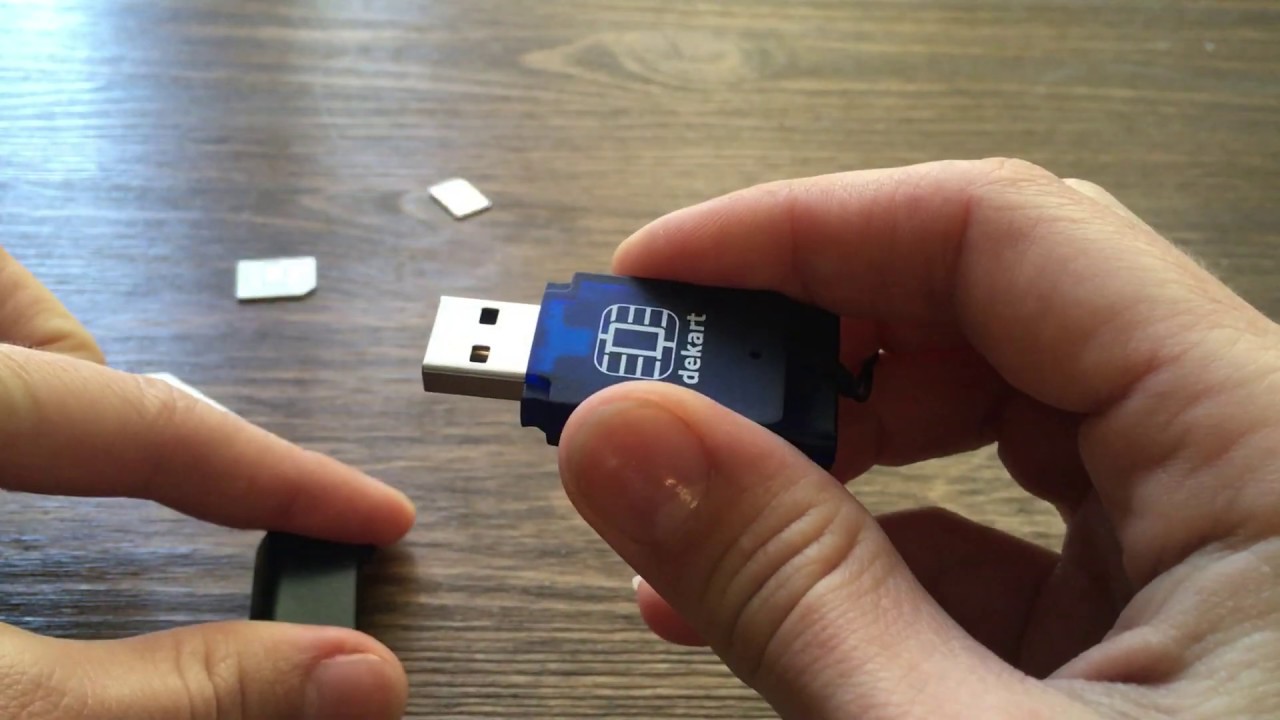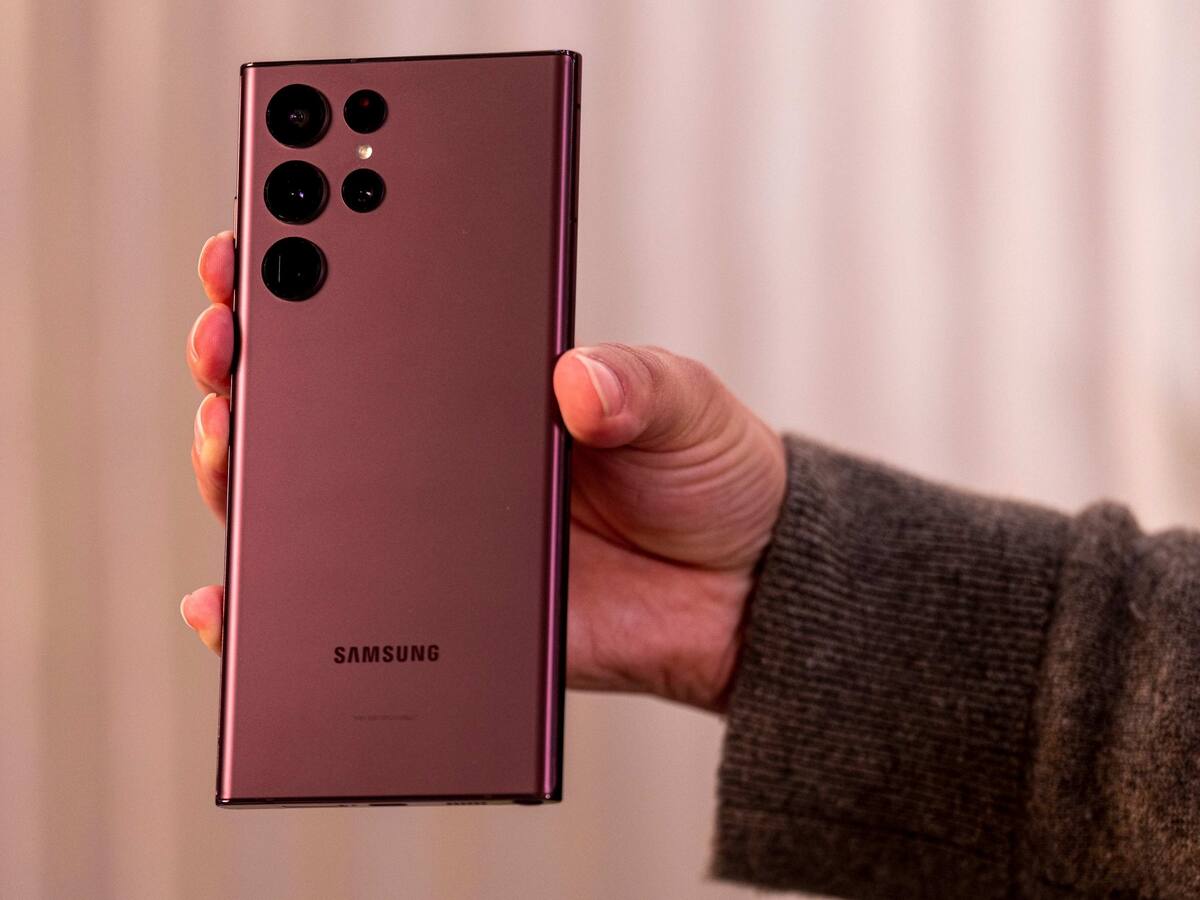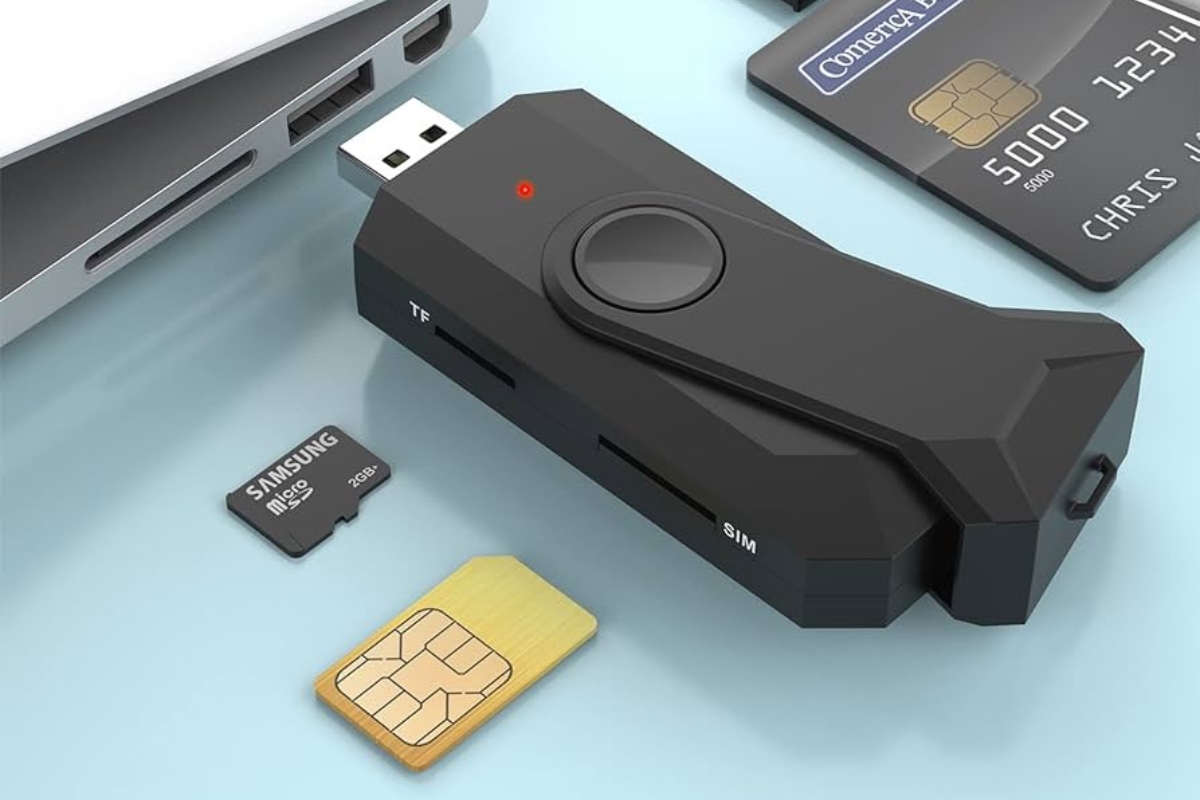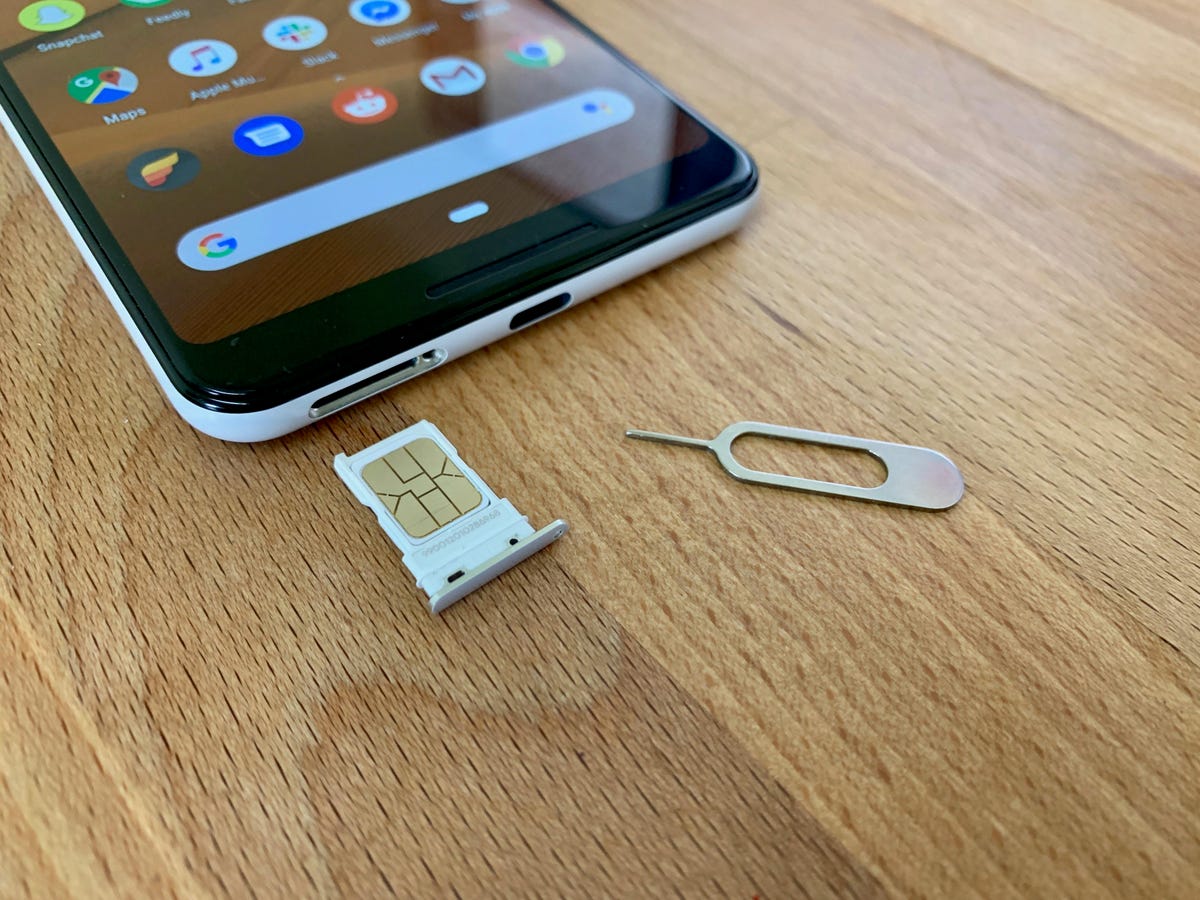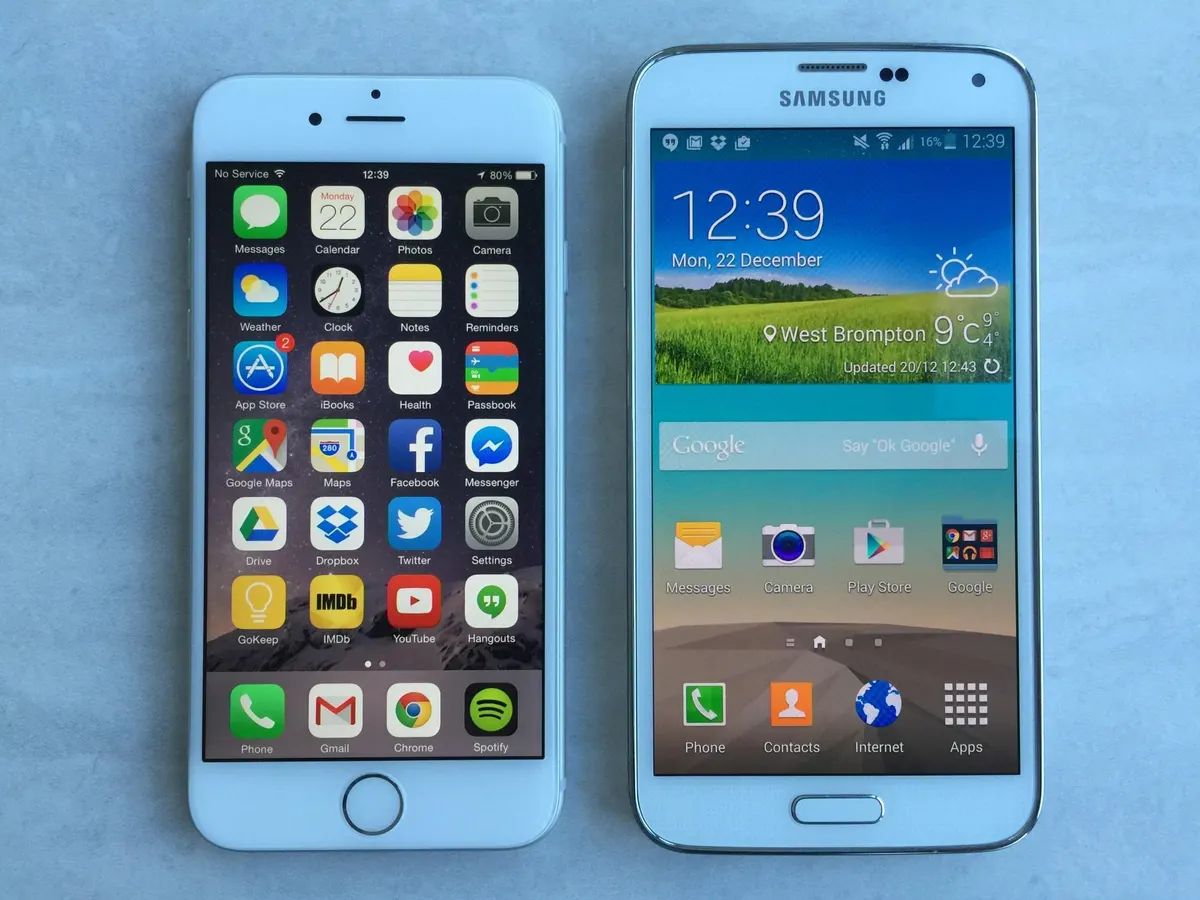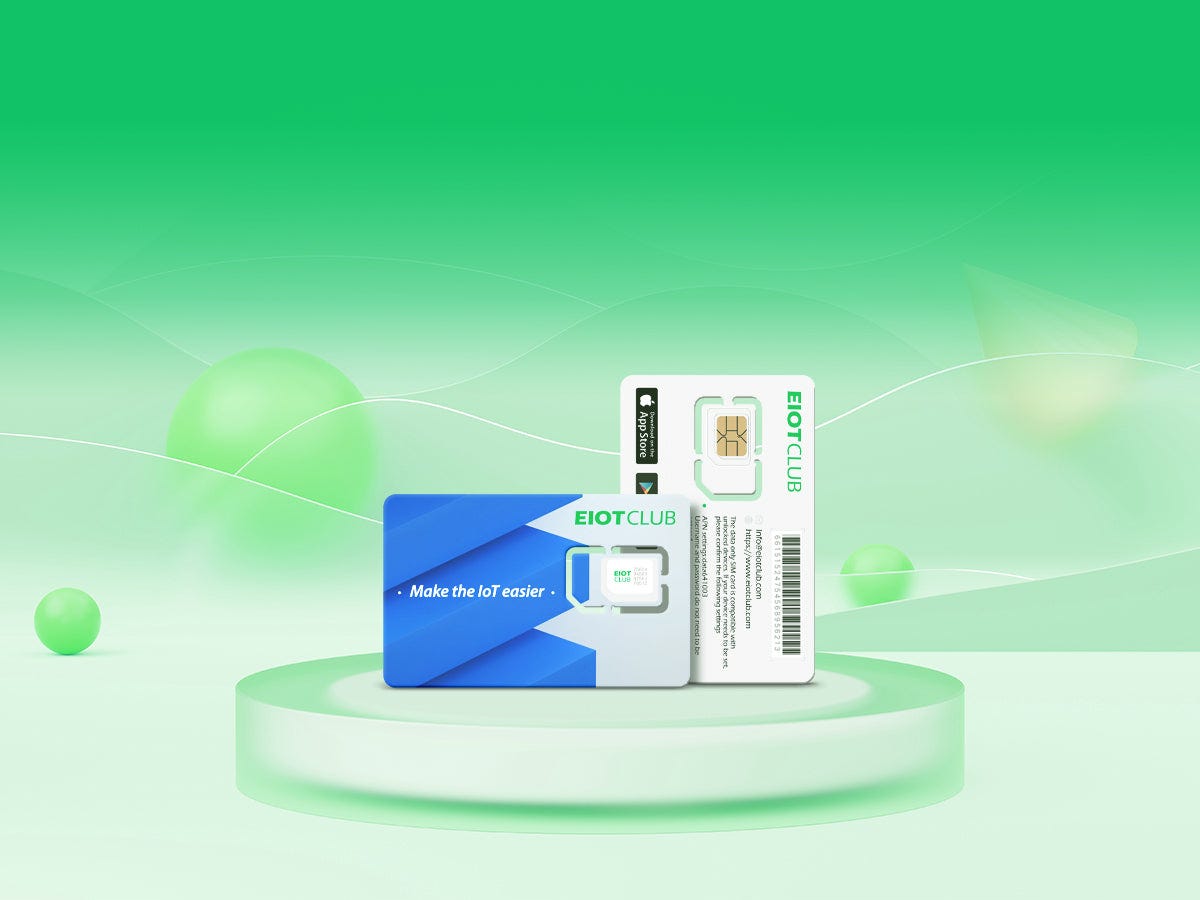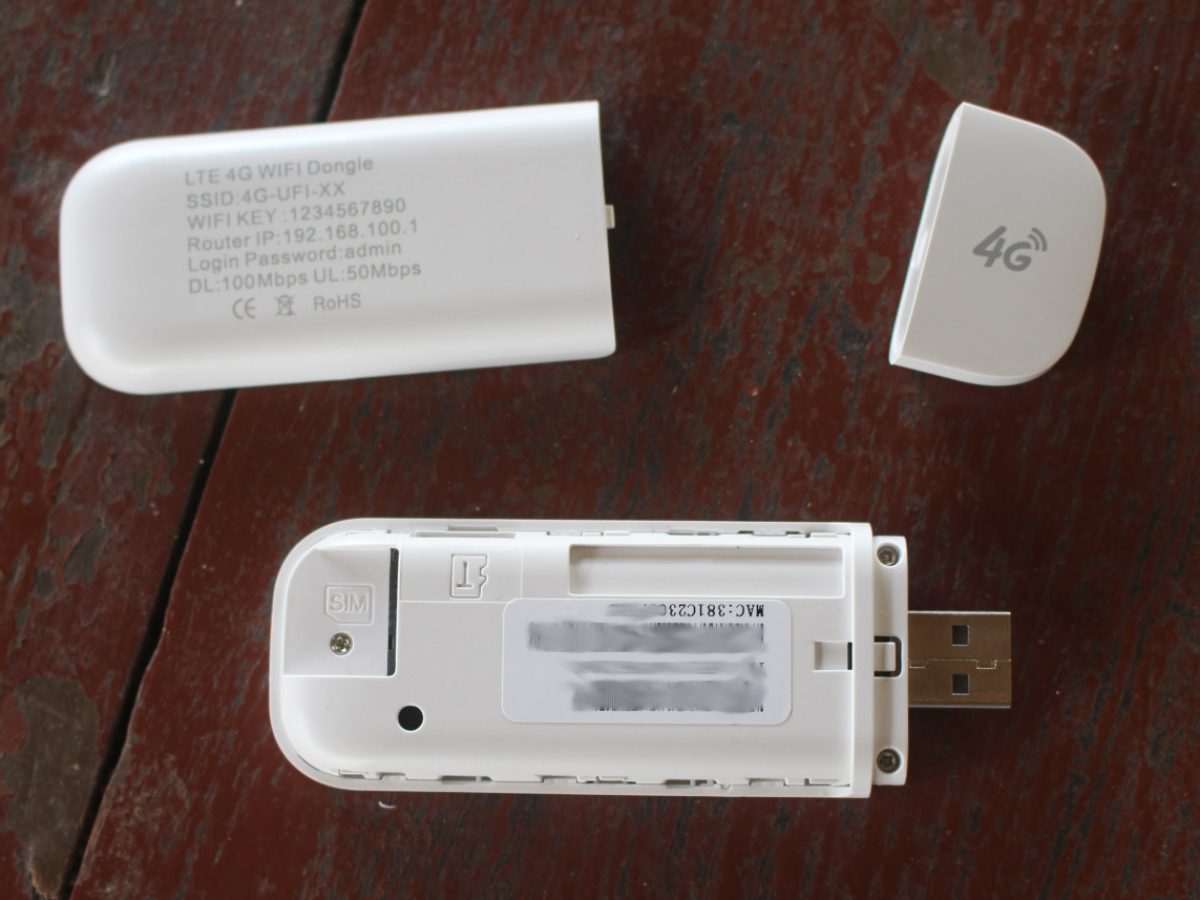Introduction
Mobile devices have become an integral part of our daily lives, serving as our communication hub, entertainment center, and personal assistant. At the core of these devices lies the SIM (Subscriber Identity Module) card, a small but powerful component that stores crucial information such as contact details, text messages, and network authentication data. While the primary function of a SIM card is to authenticate the user to the mobile network, it also serves as a repository of valuable personal data.
In today's digital age, the ability to access and manage SIM card data has gained significance for various reasons. Whether it's for backing up essential contacts, retrieving deleted messages, or transferring data to a new device, the need to read SIM card data on a computer has become a common requirement for many users. Understanding the intricacies of SIM card data and the methods for accessing it can empower individuals to manage their mobile data effectively.
As we delve into the realm of SIM card data, it's essential to explore the tools and methods available for extracting and interpreting this information. Additionally, we'll shed light on the risks and legal considerations associated with accessing SIM card data, ensuring that users are well-informed about the implications of this process.
The journey to uncover the mysteries of SIM card data begins with a comprehensive understanding of its significance and the various avenues for accessing and utilizing this valuable information. Let's embark on this exploration to unravel the potential of SIM card data and its implications for modern mobile device users.
Understanding SIM Card Data
SIM (Subscriber Identity Module) cards are a fundamental component of mobile devices, serving as the gateway to cellular networks and storing vital user information. These small, thumbnail-sized cards are equipped with a microprocessor and memory, enabling them to store a variety of data, including contact details, text messages, network authentication information, and even some user settings. The primary purpose of a SIM card is to authenticate the user to the mobile network, allowing them to make calls, send messages, and access mobile data services.
The data stored on a SIM card can be categorized into two main types: the first being essential user information, such as contacts and SMS messages, and the second comprising network-specific data, including the International Mobile Subscriber Identity (IMSI) and the Authentication Key (Ki). The IMSI uniquely identifies the user within the mobile network, while the Ki is a secret key used for authenticating the user to the network. This network-specific data is crucial for establishing a secure connection between the mobile device and the network operator.
Additionally, SIM cards also store information related to the network operator, such as the Service Provider Name (SPN), Service Dialing Numbers (SDN), and Short Message Service (SMS) parameters. These details are essential for the proper functioning of the mobile device within the network environment.
Understanding the structure and content of SIM card data is essential for users who wish to manage and utilize this information effectively. Whether it's transferring contacts to a new device, recovering deleted messages, or backing up crucial data, having a clear comprehension of SIM card data empowers users to make informed decisions regarding their mobile data.
As we continue our exploration of SIM card data, we will delve into the various tools and methods available for accessing and interpreting this valuable information, equipping users with the knowledge to harness the potential of their SIM card data effectively.
Tools and Methods for Reading SIM Card Data
Accessing and interpreting SIM card data on a computer requires specialized tools and methods designed to extract and analyze the information stored on the SIM card. Several techniques and software applications have been developed to facilitate the reading of SIM card data, catering to the diverse needs of users. Let's explore some of the prominent tools and methods for reading SIM card data on a computer:
-
SIM Card Reader: A SIM card reader is a hardware device that connects to a computer via USB and allows the direct reading of data from a SIM card. These readers are designed to access the information stored on the SIM card's memory, enabling users to view contacts, messages, and other relevant data. Some SIM card readers come with accompanying software that facilitates the extraction and management of SIM card data.
-
Forensic Software: Forensic software tools are widely used for extracting and analyzing SIM card data, especially in legal and investigative scenarios. These advanced applications are capable of retrieving deleted messages, call logs, and other valuable information from SIM cards. They often provide detailed reports and analysis of the extracted data, aiding in digital forensics and investigative processes.
-
Mobile Forensic Kits: Mobile forensic kits encompass a range of hardware and software tools designed for comprehensive mobile device analysis, including the extraction of SIM card data. These kits are equipped with specialized connectors and adapters to facilitate the extraction of data from various types of SIM cards. They offer advanced capabilities for data recovery and analysis, making them suitable for professional forensic investigations.
-
SIM Card Data Recovery Software: In cases where data loss or accidental deletion occurs, SIM card data recovery software can be utilized to retrieve lost or inaccessible information. These software applications employ advanced algorithms to scan the SIM card's memory and recover deleted contacts, messages, and other data. They provide a user-friendly interface for initiating the recovery process and restoring the retrieved data to a computer.
-
Mobile Device Management (MDM) Solutions: Some MDM solutions offer features for remotely accessing and managing SIM card data on enrolled mobile devices. These platforms enable IT administrators to oversee SIM card information, including contacts and network-specific data, providing centralized control and visibility over the SIM card content within an organizational setting.
By leveraging these tools and methods, users can effectively read and manage SIM card data on a computer, catering to various requirements such as data backup, forensic analysis, and data recovery. It is important to select the appropriate tool or method based on the specific use case and the nature of the required SIM card data access.
As we navigate the landscape of SIM card data access, it's crucial to be mindful of the associated risks and legal considerations, which we will explore in the subsequent section.
Risks and Legal Considerations
When delving into the realm of accessing and reading SIM card data on a computer, it is imperative to be cognizant of the potential risks and legal considerations associated with this process. Understanding these aspects is crucial for maintaining ethical and legal compliance, as well as safeguarding the privacy and security of the data involved.
Risks of Unauthorized Access
Unauthorized access to SIM card data can pose significant risks, especially in cases where the data is sensitive or confidential. If the process of accessing the SIM card data is not conducted in a secure and controlled manner, there is a heightened risk of unauthorized exposure of personal information. This can lead to privacy breaches, identity theft, and misuse of personal data, potentially causing irreparable harm to individuals whose information is compromised.
Legal Implications
The legal landscape surrounding the access and use of SIM card data is multifaceted, encompassing various regulations and statutes aimed at protecting personal privacy and data security. Depending on the jurisdiction, there may be specific laws and regulations governing the retrieval, storage, and usage of SIM card data, particularly in the context of forensic investigations, law enforcement activities, and corporate data management. It is essential to adhere to these legal frameworks to avoid potential legal repercussions and ensure compliance with data protection and privacy laws.
Ethical Considerations
Ethical considerations play a pivotal role in the responsible handling of SIM card data. Users and professionals involved in accessing SIM card data must adhere to ethical standards that prioritize the protection of individual privacy and the lawful use of data. This involves obtaining appropriate consent for data access, ensuring the lawful basis for data processing, and upholding the principles of data minimization and purpose limitation.
Data Security and Integrity
The security and integrity of SIM card data must be upheld throughout the process of accessing and reading the data on a computer. Any vulnerabilities or lapses in data security can expose the data to unauthorized access, tampering, or loss, compromising the confidentiality and reliability of the information. Implementing robust security measures and adhering to best practices for data handling is essential for mitigating these risks.
Professional and Organizational Guidelines
For individuals and organizations involved in the access and management of SIM card data, adherence to professional and organizational guidelines is paramount. This includes following industry best practices, abiding by ethical codes of conduct, and aligning with internal policies and procedures governing data access and usage. By upholding these standards, individuals and organizations can demonstrate a commitment to responsible data management and compliance with regulatory requirements.
In summary, navigating the landscape of SIM card data access entails a thorough understanding of the associated risks and legal considerations. By prioritizing data privacy, security, and ethical conduct, individuals and organizations can engage in the responsible and lawful utilization of SIM card data, thereby fostering trust and integrity in the handling of sensitive information.
Conclusion
In conclusion, the realm of SIM card data presents a fascinating yet intricate landscape, offering a wealth of personal information and network-specific data that holds immense value for mobile device users. The ability to access and manage SIM card data on a computer has evolved into a significant requirement, driven by the need for data backup, forensic analysis, and data recovery. As we navigate this domain, it becomes evident that a nuanced understanding of SIM card data, coupled with the utilization of appropriate tools and methods, is essential for harnessing the potential of this valuable resource.
The significance of SIM card data extends beyond the realm of personal communication, encompassing critical network authentication information that underpins the secure operation of mobile devices within cellular networks. By comprehending the structure and content of SIM card data, users can make informed decisions regarding data management, ensuring the preservation and utilization of essential information such as contacts, messages, and network-specific identifiers.
The tools and methods available for reading SIM card data on a computer offer diverse capabilities, catering to a spectrum of user needs ranging from individual data backup to professional forensic investigations. From SIM card readers to advanced forensic software and mobile forensic kits, these resources empower users to extract, analyze, and manage SIM card data effectively, enhancing their control over this valuable asset.
However, it is crucial to navigate this landscape with a keen awareness of the associated risks and legal considerations. Unauthorized access, legal implications, ethical considerations, and data security must be carefully navigated to uphold the integrity and privacy of SIM card data. By adhering to ethical standards, legal requirements, and professional guidelines, users and organizations can engage in the responsible and lawful utilization of SIM card data, fostering trust and compliance within the digital ecosystem.
As mobile devices continue to play an increasingly central role in our lives, the management and protection of SIM card data become paramount. By embracing a holistic approach that encompasses technical proficiency, ethical conduct, and legal compliance, users can harness the potential of SIM card data while safeguarding the privacy and security of this invaluable resource.
In essence, the journey of reading SIM card data on a computer transcends mere technical proficiency; it embodies a commitment to ethical data management and a dedication to preserving the integrity of personal and network-specific information. As we embark on this journey, let us uphold the principles of responsible data utilization, ensuring that the potential of SIM card data is realized in a manner that respects individual privacy, data security, and legal compliance.







